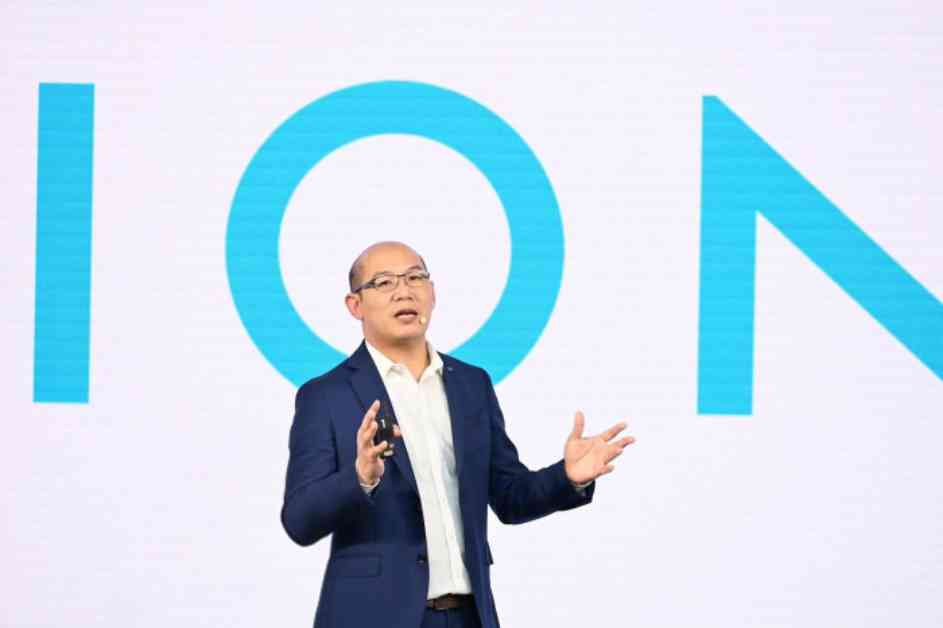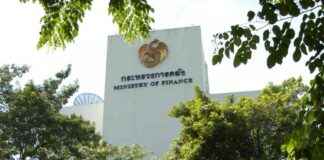Hyundai, a leading automotive manufacturer, is considering production changes for the year 2026 following the launch of their latest electric vehicle, the Ioniq 5, in Thailand. The company’s subsidiary, Hyundai Mobility Thailand, plans to produce 5,000 battery electric vehicles annually at its plant in Samut Prakan by 2026. However, with the current decline in domestic car sales, adjustments to future production volumes may be necessary.
Under the government’s EV 3.5 electric vehicle incentive scheme, Hyundai is committed to producing locally-made battery-powered cars, totaling two times the number of EVs it imports for sale in Thailand. This initiative aims to boost the growth of the EV industry between 2024 and 2027 by providing incentives to manufacturers and subsidies to consumers purchasing EVs.
During a recent launch event in Bangkok, Mr. Wallop Chalermvongsavej, the managing director of Hyundai Mobility Thailand, expressed the company’s commitment to expanding its EV business in Thailand. The Ioniq 5, an electric sports utility vehicle, was unveiled with a price tag of 3.79 million baht, targeting buyers in the premium car segment. Hyundai plans to initially import the Ioniq 5 for sale in Thailand before transitioning to local production by 2026.
“We expect Ioniq 5 sales to reach 1,500 units next year,” stated Mr. Wallop, highlighting the company’s ambitious sales targets. Hyundai’s overall car sales, including both EVs and internal combustion engine-powered cars, are projected to reach 5,000 units this year. Despite selling 3,500 cars in the first eight months, the company is optimistic about further growth in the market.
With the decline in domestic car sales attributed to tightened lending criteria for auto loans by banks, Hyundai is urging the government to reduce excise tax to stimulate demand. Mr. Wallop emphasized that an increase in total car sales could offset the state’s reduced revenue following a tax reduction. The company is advocating for supportive policies that would benefit both manufacturers and consumers in the automotive industry.
As part of the EV 3.5 scheme, Chinese EV makers are also required to locally produce 1.5 times the number of EVs they import for sale in Thailand. However, discussions are ongoing with the authorities to potentially relax this condition due to challenges faced by the stagnant Thai automotive sector. Hyundai is closely monitoring the outcome of these discussions to assess the impact on its production plans.
In light of the 1-billion-baht investment to expand its EV business in Thailand, Hyundai is positioning itself as a key player in the electric vehicle market. The company’s strategic move to introduce the Ioniq 5, a cutting-edge electric SUV, underscores its commitment to sustainability and innovation. By aligning with the EV 3.5 scheme’s objectives, Hyundai aims to drive the adoption of electric vehicles in Thailand and contribute to a greener automotive landscape.
In conclusion, Hyundai’s decision to consider production changes after 2026 reflects its strategic vision for the future of mobility in Thailand. The launch of the Ioniq 5 marks a significant milestone in the company’s EV journey, signaling a shift towards sustainable transportation solutions. With a focus on local production and market expansion, Hyundai is poised to play a key role in shaping the automotive industry’s trajectory in the years to come.




















